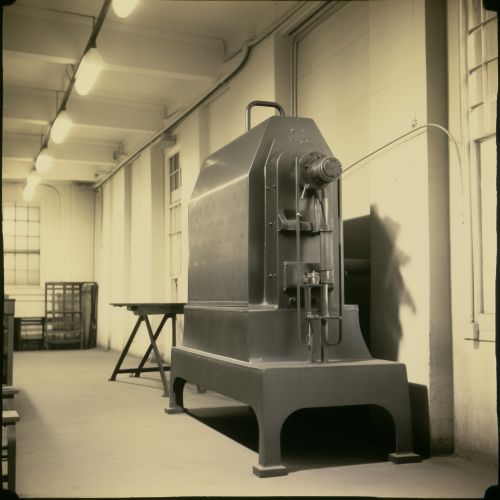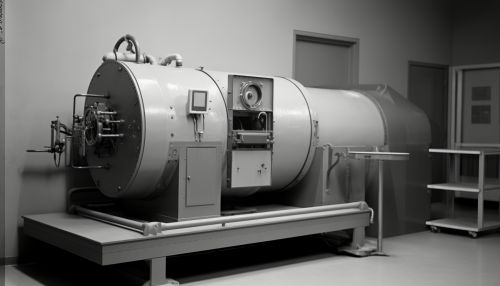List of Nobel laureates in Physics
Introduction
The Nobel Prize in Physics is a prestigious international award given annually by the Royal Swedish Academy of Sciences. It is one of the six Nobel Prizes established by the will of inventor Alfred Nobel in 1895, and has been awarded since 1901. The prize is awarded to individuals who have made outstanding contributions to the field of physics.
Early Laureates
The first Nobel Prize in Physics was awarded in 1901 to Wilhelm Conrad Röntgen, a German physicist, for his discovery of X-rays. This groundbreaking discovery not only revolutionized the field of physics, but also had profound implications for other fields such as medicine and engineering.


In the following years, the Nobel Prize in Physics was awarded to several other notable physicists for their significant contributions. In 1902, Hendrik Lorentz and Pieter Zeeman were awarded the prize for their joint research on the influence of magnetism on radiation phenomena. In 1903, Marie Curie and Pierre Curie shared the prize with Antoine Henri Becquerel for their research on radiation.
Notable Laureates in the 20th Century
The 20th century saw a number of notable laureates in the field of physics. In 1918, Max Planck was awarded the Nobel Prize for his discovery of energy quanta, which laid the foundation for quantum mechanics. In 1921, Albert Einstein received the prize for his explanation of the photoelectric effect, which was a major contribution to the development of quantum theory.
In 1933, Erwin Schrödinger and Paul Dirac were jointly awarded the prize for the discovery of new productive forms of atomic theory. In 1965, Richard Feynman, Julian Schwinger, and Sin-Itiro Tomonaga were jointly awarded the prize for their fundamental work in quantum electrodynamics, with deep-ploughing consequences for the physics of elementary particles.
Laureates in the 21st Century
The 21st century has seen a diverse range of laureates in the field of physics. In 2001, Eric Allin Cornell, Wolfgang Ketterle, and Carl Edwin Wieman were awarded the prize for the achievement of Bose-Einstein condensation in dilute gases of alkali atoms, and for early fundamental studies of the properties of the condensates.
In 2011, Saul Perlmutter, Brian P. Schmidt, and Adam G. Riess were jointly awarded the prize for the discovery of the accelerating expansion of the Universe through observations of distant supernovae.
See Also
List of Nobel laureates Nobel Prize in Chemistry Nobel Prize in Physiology or Medicine
